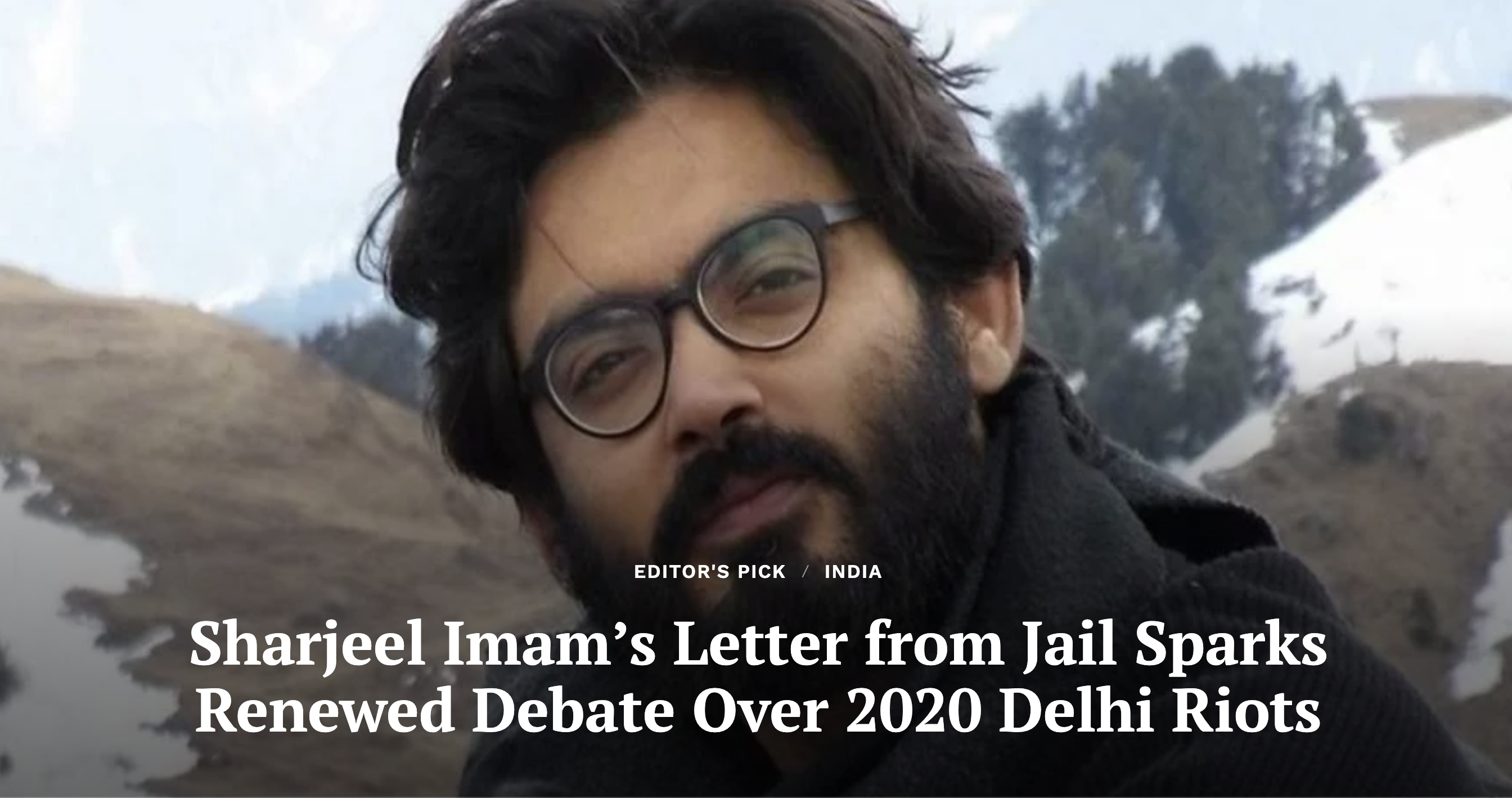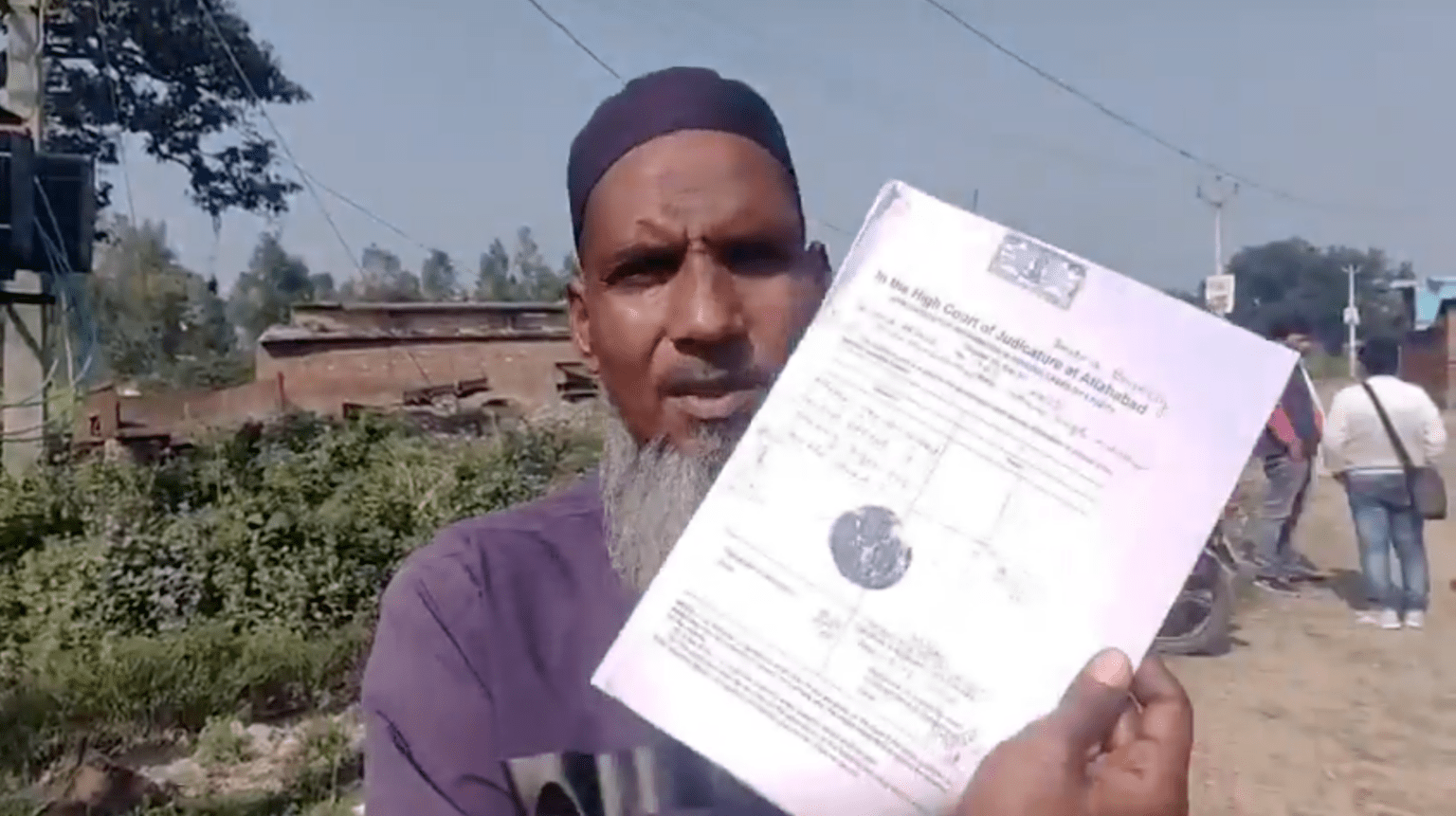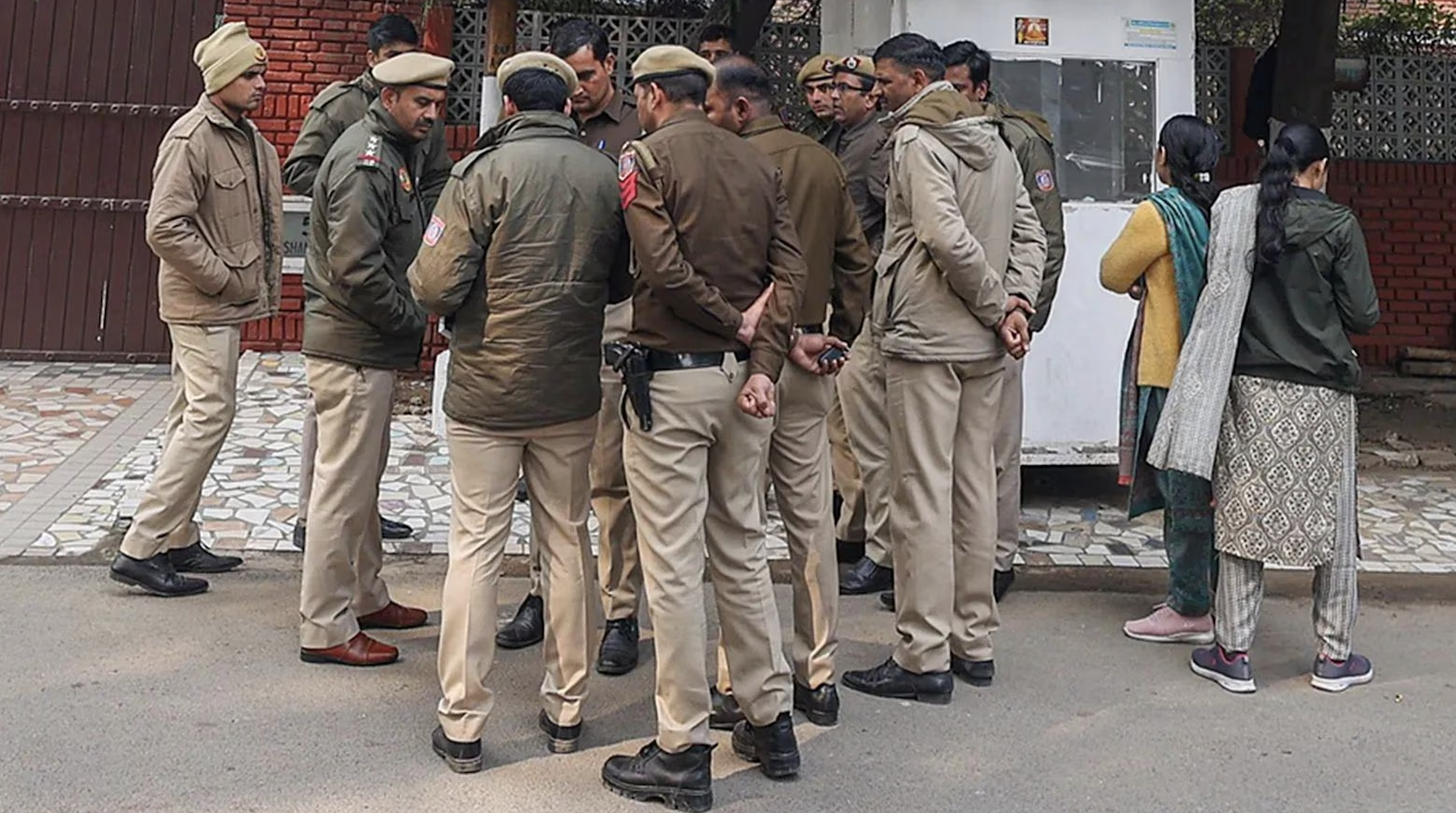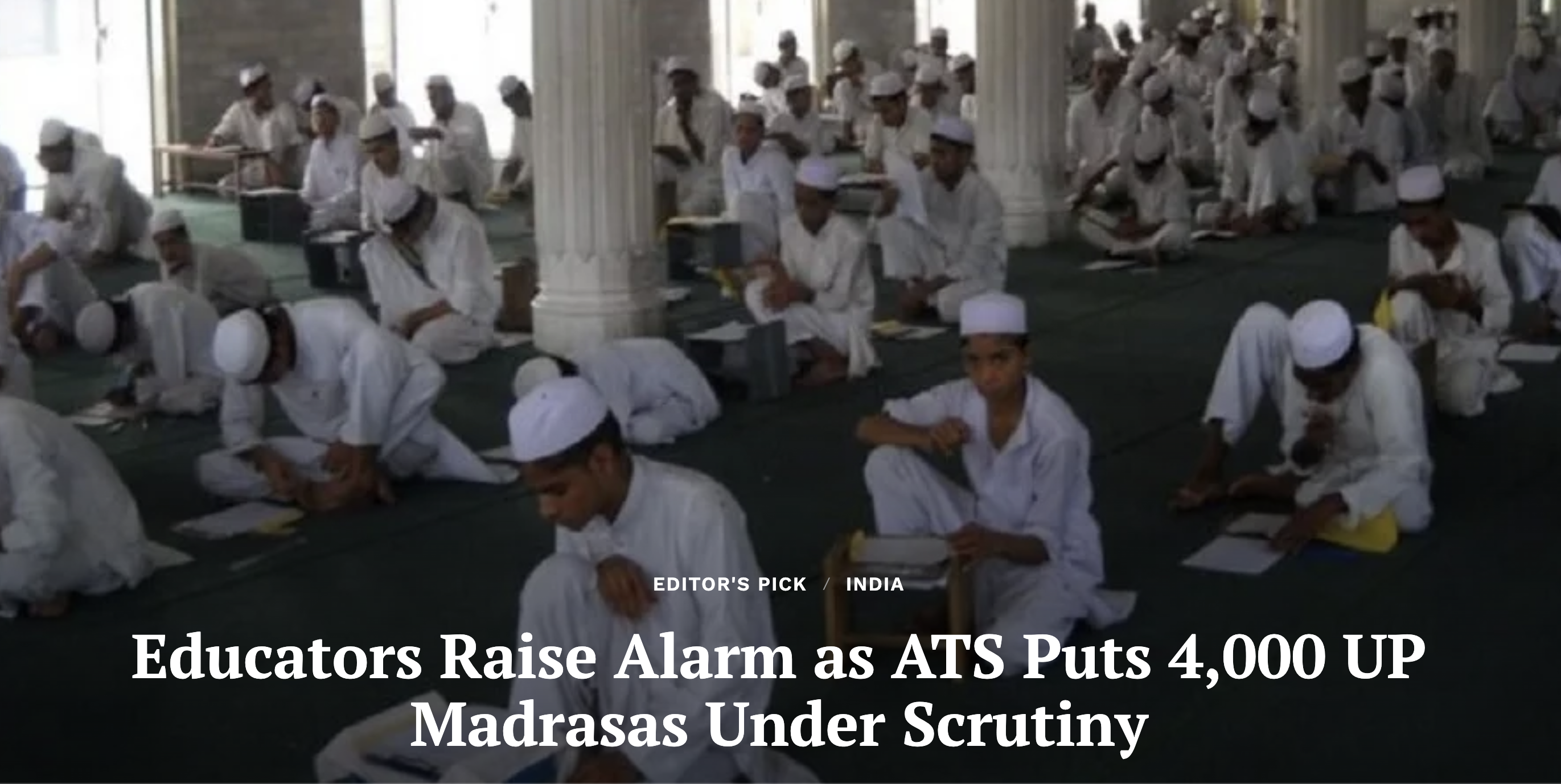
NEW DELHI — Sharjeel Imam, a former Jawaharlal Nehru University (JNU) researcher and activist, has been lodged in Delhi’s Tihar Jail for nearly five years. He is accused of conspiring in the 2020 Northeast Delhi riots, where 53 people lost their lives, including 40 Muslims. Recently, a letter he wrote from jail has gone viral on social media, bringing new attention to his case and the broader issues faced by Indian Muslims involved in anti-CAA protests.
In this long letter of about 6,000 words, Sharjeel recounts his early life, academic work, and the political events leading up to his imprisonment. Most importantly, he denounces the BJP government and its supporters for unfairly making him a scapegoat in a larger political agenda.
“I worked continuously for a month giving speeches during the movement against the Citizenship Amendment Act (CAA) and National Register of Citizens (NRC) in Shaheen Bagh and Jamia Millia Islamia,” Sharjeel writes. “But all my years of study and research have been ignored. I am targeted only because of a video clip, deliberately twisted by the BJP and their supporters.”
Sharjeel’s letter points to what many Indian Muslims have long argued — that the government and mainstream media portray them unfairly, often labelling them as troublemakers or anti-nationals without evidence. He urges people not to judge him or others based solely on opposing views or propaganda.
“We should never judge a person by the words or views of his opponents, especially when he thinks like us or walks with us,” he states, emphasising the need for empathy and fair treatment.
Sharjeel accuses the BJP of using nationalist rhetoric to silence dissent and target minorities. “The main reason for the resentment against me is also the ‘nationalism of Congress,’” he writes, adding that he has suffered much because of it.
He goes further to reflect on India’s political history, criticising leaders like Jawaharlal Nehru for spoiling the Cabinet Mission Plan in 1946, rather than Muhammad Ali Jinnah, as commonly believed. Quoting historians like Parthasarathi Gupta and freedom fighters like Maulana Abul Kalam Azad, Sharjeel calls for a true federal structure in India that respects the rights of minorities and communities.
Sharjeel warns that misrepresenting voices like his through a “troll army” and media bias only deepens divisions. “I am called a mad person or a BJP agent because my opponents cannot accept my views,” he says, pointing to the toxic environment Indian Muslims face online and offline.
This story was originally published in clarionindia.net. Read the full story here.






